
Jules and Jim
Francois Truffaut’s 1962 film, Jules and Jim, centers around a pair of best friends named – you guessed it – Jules (Oskar Werner) and Jim (Henri Serre). The pair both fall for a woman named Catherine, but their relationship proves far more complicated than it appears. With a heartbreaking ending, this film presents life and love realistically; not everything is sunshine and rainbows, not even love.
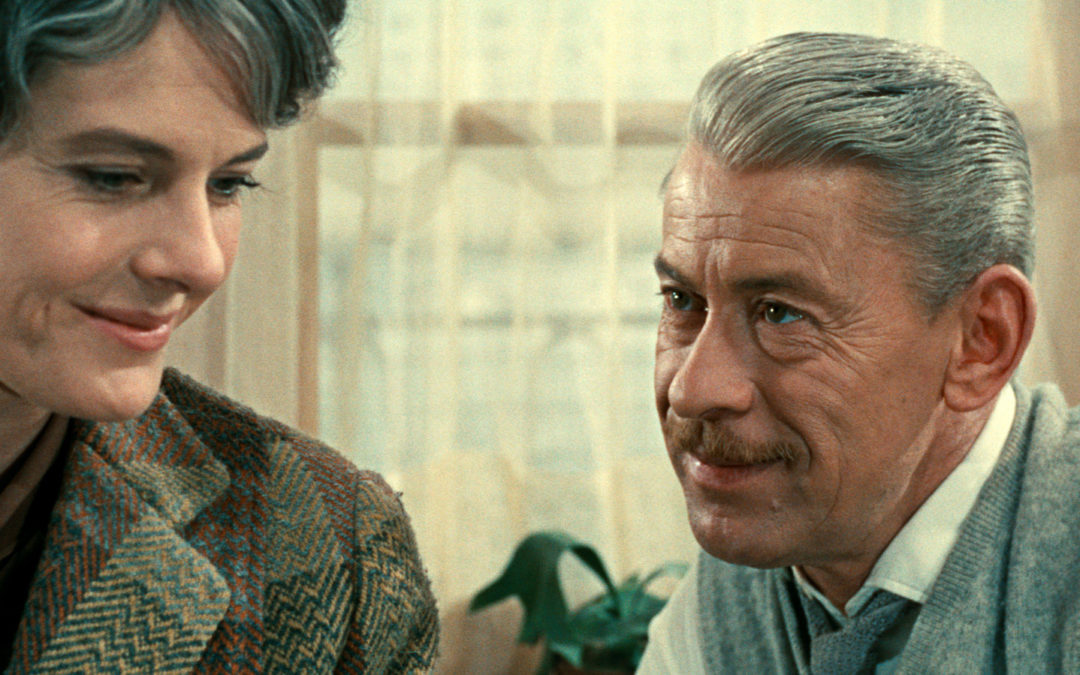
Muriel, or The Time of Return
Muriel, or The Time of Return, directed by Alain Resnais in 1963, is the follow up to Last Year at Marienbad (1961). Both films discuss the nature of time and how memories can truly haunt you forever. Near the end of this review, we also dive into Resnais’ past and personal style in filmmaking, including very specific editing and shooting styles.
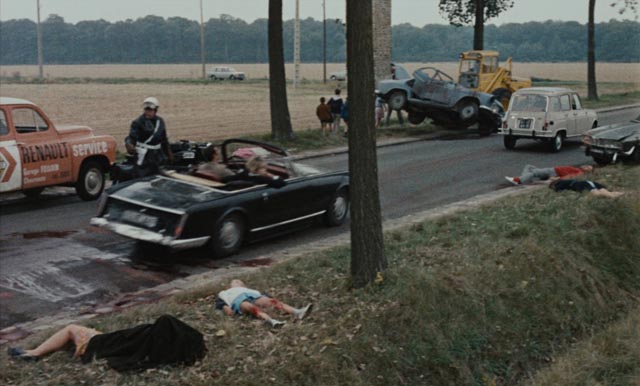
Weekend
Jean Luc-Godard’s 1967 film, Weekend, presents destruction, politics, hatred, and separation combined with strange experiences throughout the film that constantly tear apart the film’s reality. The film continuously leads us to believe one thing through the use of intertitles, fast cuts, and setting up our expectations, but ultimately proves there is no guarantee of what’s to come next.
Trigger warning: The film contains disturbing images and utilizes a decent amount of fake blood and profanity that may be offensive.
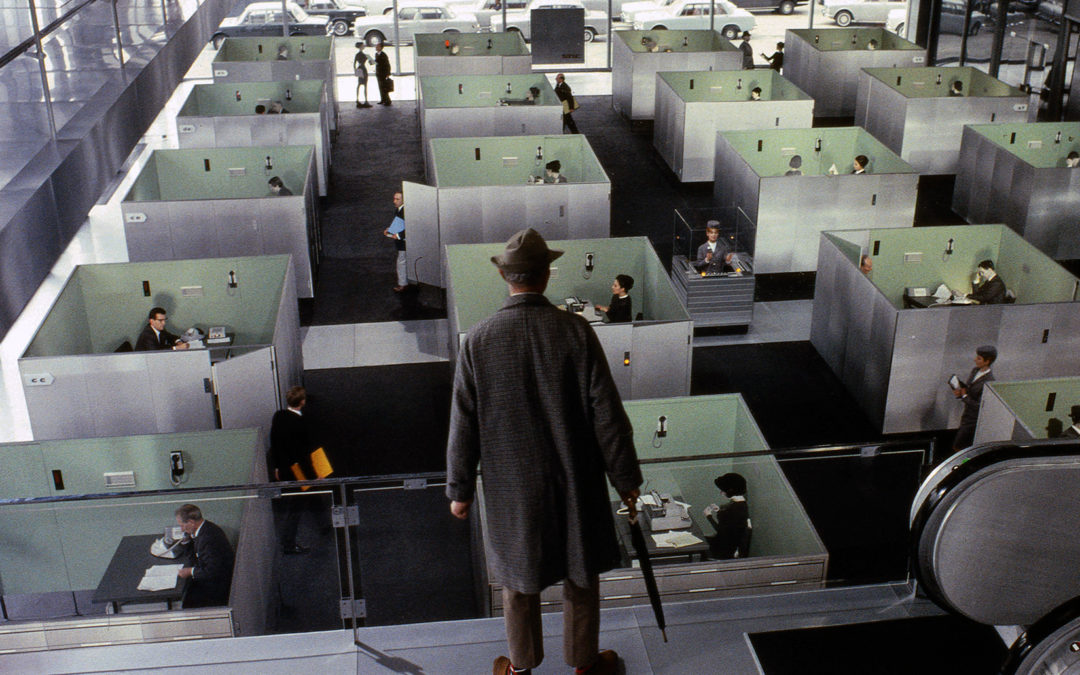
Playtime
Jacques Tati’s 1967 film Playtime is a vibrant, visual masterpiece, portraying how it feels to fall behind in a once-familiar city that now feels foreign due to advancing modernity. In our current modern world full of constant technological “upgrades” and advances, this film provides an interesting take on technological advancement affecting daily life. Tati also manages to kill two birds with one stone by directing and acting in Playtime, playing a character named Monsieur Hulot.
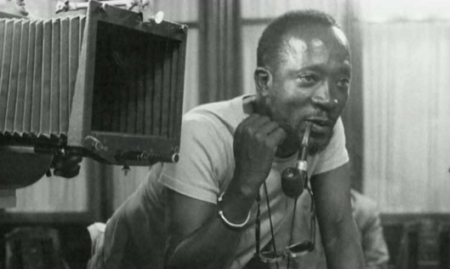
A Newcomer’s Guide to La Nouvelle Vague: Issue #4
Issue number four of A Newcomer’s Guide to La Nouvelle Vague is here! The French New Wave was all about personal creativity, treating film like a journal with the camera acting as the pen – or, as famous film critique Alexandre Astruc calls it, la caméra stylo. While each film does have its stylistic direction, all four films focus on essential matters in society that are still just as critical now, decades later, but in their own ingenious ways.
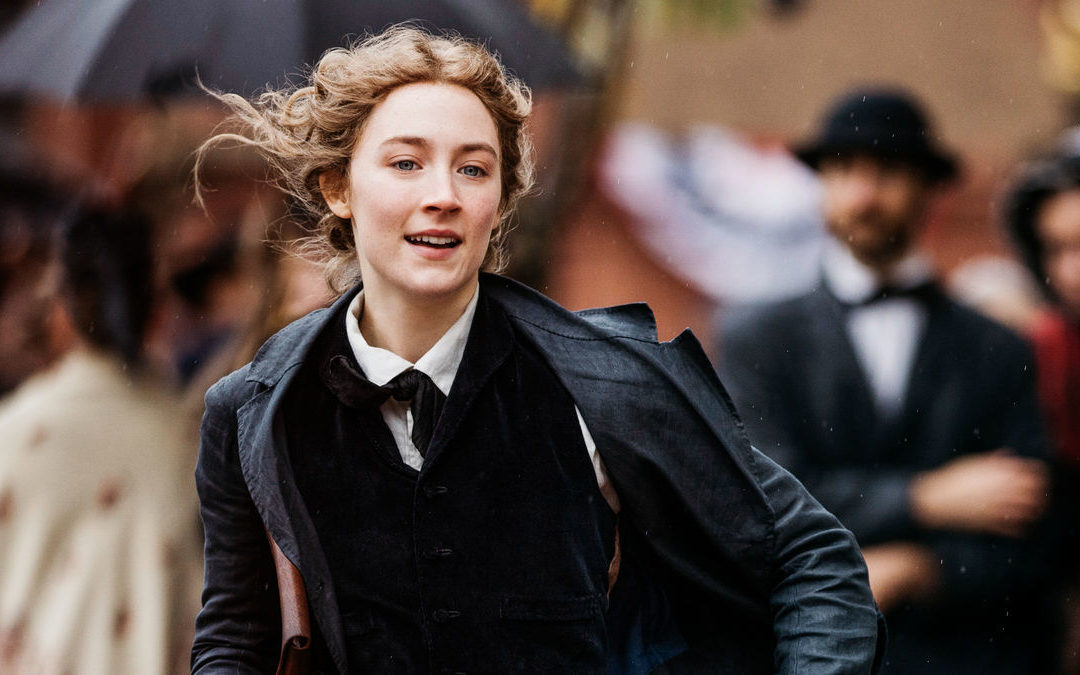
Little Women (2019): An Adaptation Done Right
Director Greta Gerwig’s 2019 Little Women film adaptation is an example of reimagined classic stories done justice – plus, a truly rockstar cast, including Timothée Chalamet, Saoirse Ronan, Emma Watson, and many more familiar faces. Here on POV, we dive into what Gerwig’s Little Women got so right.
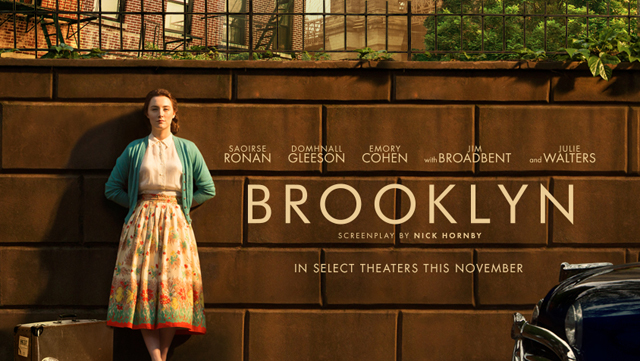
Brooklyn (2015): Home is Where Your Heart is
Brooklyn (2015), based on a novel by Colm Tóibín also titled Brooklyn, is about an Irish girl named Eilis, played by Saoirse Ronan. Ronan’s character travels from Ireland to New York during the 1950s, a time where Irish migration to New York was blooming. Director John Crowley’s take on the film captures the author’s delicate conversations and the actress’ and actors’ performances, creating a rich, romantic period drama that follows not only Eilis’ story, but her heart.

The Social Dilemma (2020): How Do These Social Media Sites Keep You Sucked In?
Oh, the dangers of using social media. The Social Dilemma, a 2020 documentary directed by Jeff Orlowski, shows how social media sites suck you in, only to feed what you want to hear, and prioritizes money over quality content.
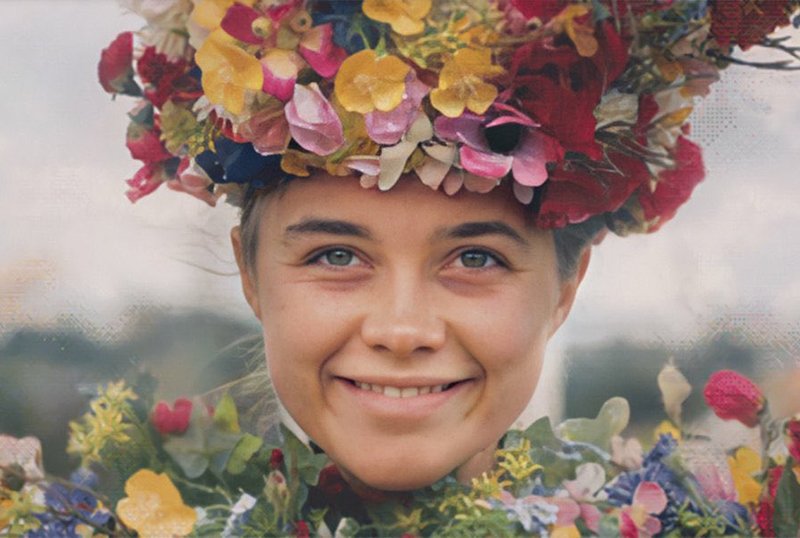
Midsommar (2019): A Psychological Thriller Filled with Ritualistic Twists and Mind-Bending Turns
Midsommar is a baffling thriller focused on a distraught twenty-something (played by Florence Pugh) who decides to travel across the country with her boyfriend and his friends in hopes of experiencing a fun trip brimming with culture and history. Instead, the group struggles to survive the psychological terror of living within a cult-like society.
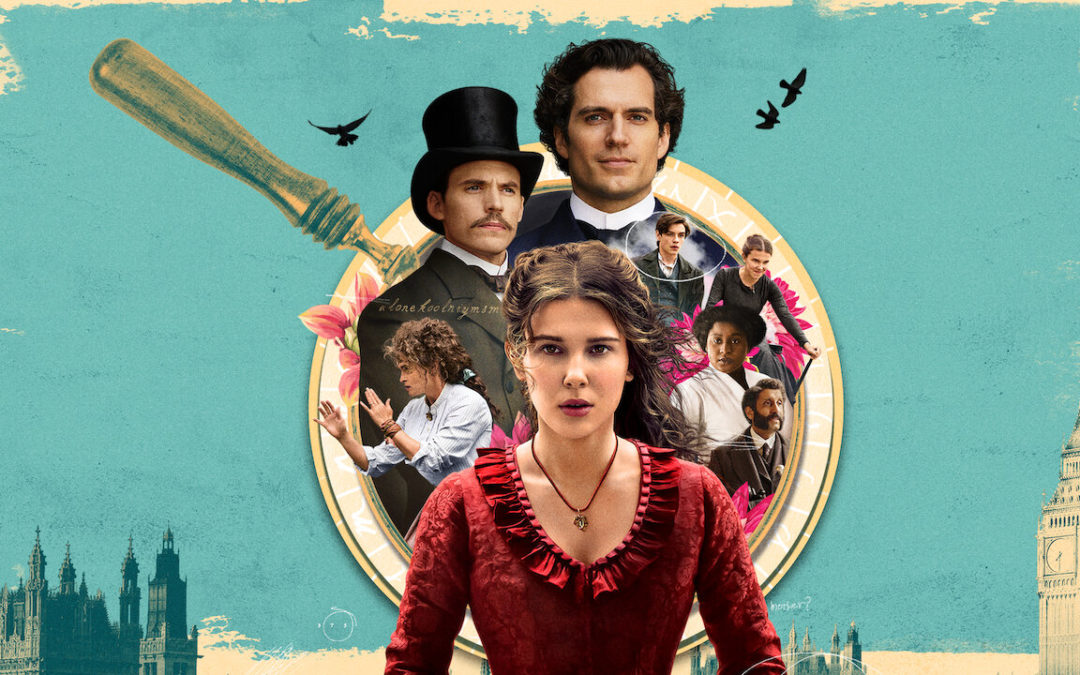
Enola Holmes (2020)
A look at Netflix’s latest play at a “mystery” movie, Enola Holmes (2020) stars Millie Bobby Brown as it’s lead with other notable cast members, but that may be its most memorable takeaway.
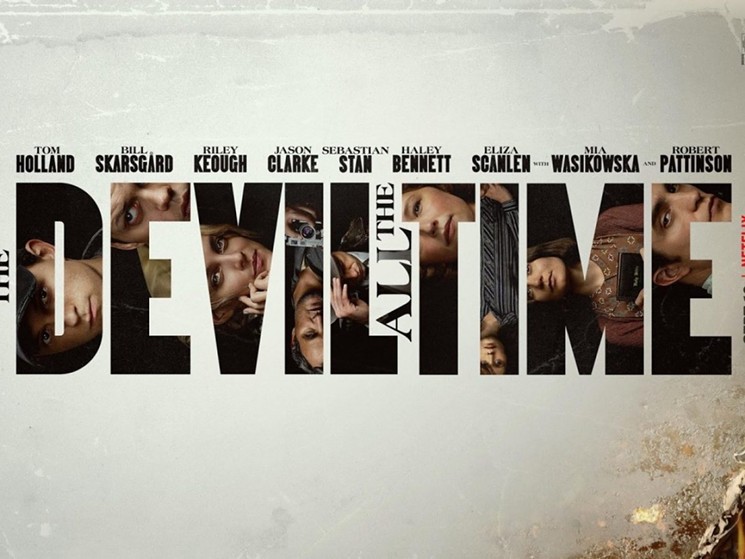
The Devil All the Time (2020): A Star-Studded Psychological Crime Melodrama
Based on a novel of the same title by Donald Ray Pollock, The Devil All the Time (2020) directed by Antonio Campus, is the thriller film we have been waiting for this year. Based in rural America, starting from the end of World War II, the film touches on many difficult topics such as suicide, gender oppression, cancer, sexual assault, and toxic religion, starring Tom Holland and Robert Pattinson.

Plein Soleil/Purple Noon
In the 1960’s film Plein Soleil, or in English Purple Noon, directed by René Clément, there is scandal, love, jealousy, and an elaborate murder plan, all presented beautifully in vibrant color. You won’t want to miss a single second, between the close calls and Alain Delon’s stand-out features, there’s so much that the film has to offer.
Working with the Pros in Film 490
Film Studies majors Joe Eichele and Brynn Artley start off the Fall 2020 semester with a report from their documentary production class where students are working with Ambient House Productions.

The Mark of Zorro (1940): Renouncing Economic Inequality
Like the earlier Adventures of Robin Hood, Rouben Mamoulian’s 1940 The Mark of Zorro’s elaborate production, narrative tropes, cultural politics, and action sequences similarly work to renounce economic inequality.
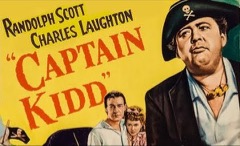
Captain Kidd (1945): Simplicity for Simplicity’s Sake
1945’s Captain Kidd is an often-overlooked swashbuckler adventure film. With its use of characters, comedy, and action it strives to simply tell a thoroughly fun adventure story for simplicity’s sake.

Mountainfilm 2019 Symposium Review: Equity
At Mountainfilm, this year’s Moving Mountains Symposium was focused on the topic of Equity and featured speakers and entertainment along the way. This was the perfect time and place for the Symposium so we could hear all about the differences in the world–and how to address them.

Woodstock–Three Days That Defined a Generation (2019, dir. Barak Goodman): Mountainfilm review
Director Barak Goodman’s Woodstock: Three Days That Defines a Generation was a great way to kick off a film festival noted for being a testament to the human spirit.

The Railroader (2019, dir. Russell Bush): Mountainfilm Review
Through a personal and detailed story from John Bush, poetic and expository modes, and polished cinematography, Russell O. Bush created a beautiful film that not only manages to capture the audience in its grasp, but also provides an important story on how locomotives have made an impact on America throughout history.
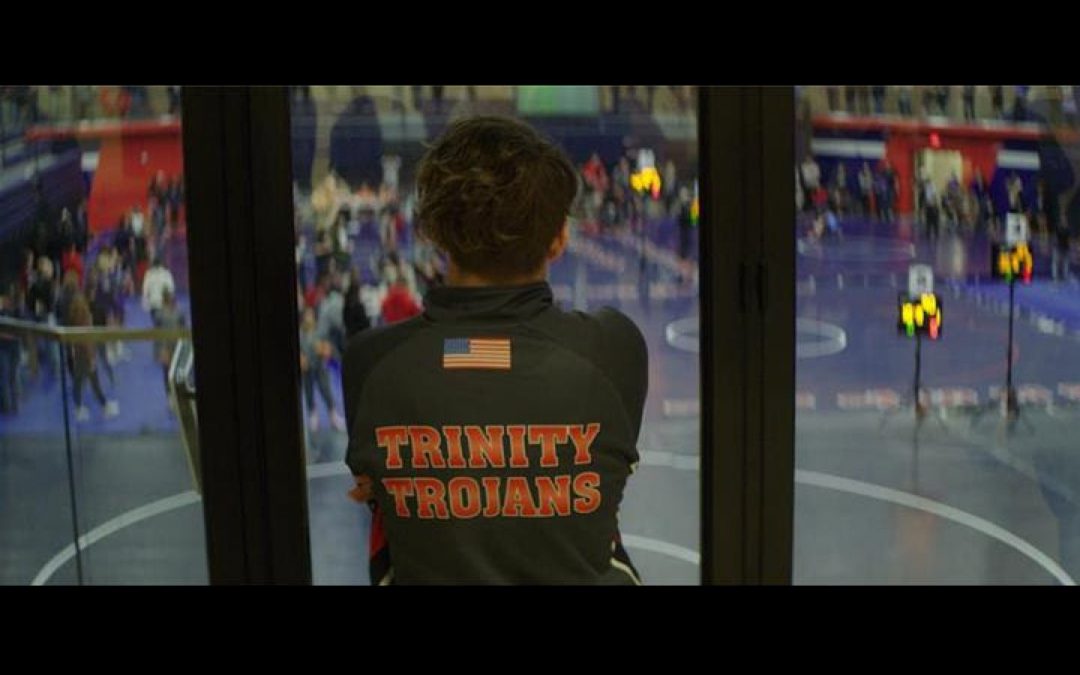
Changing the Game (2019, dir. Michale Barnett): Mountainfilm Review
The story of three competitive transgender high school athletes, Changing the Game should teach anyone who views it that people are people, and we are all a part of this great human race, one which needs to be full of love and compassion for all.
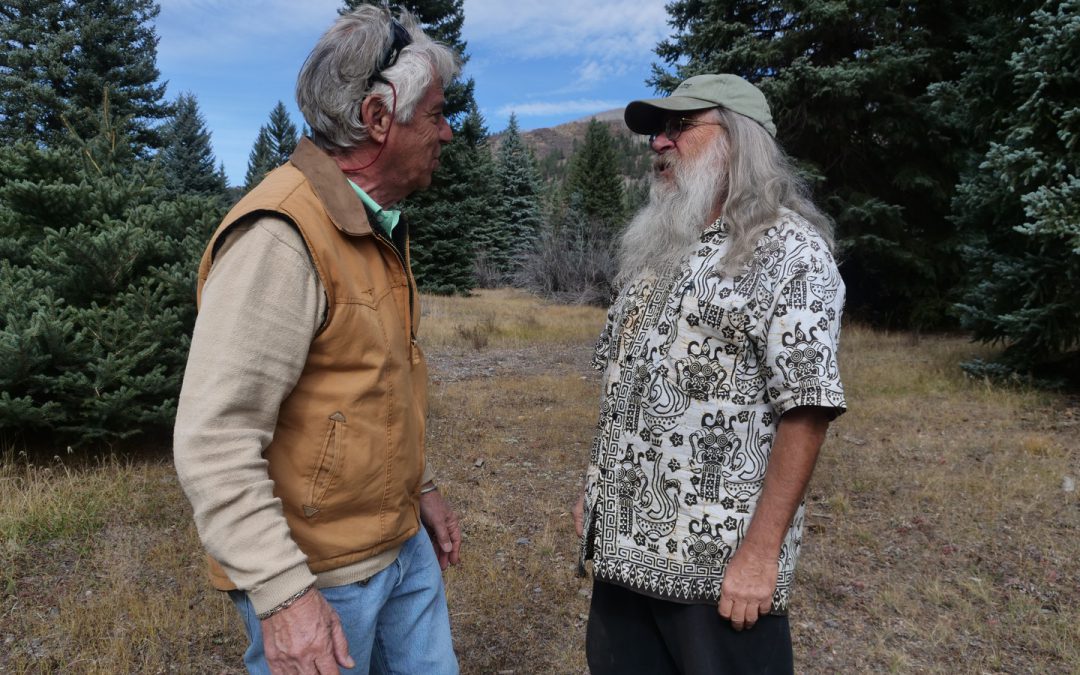
The Valley (2018, dir. Bryan Reinhart): Mountainfilm Review
With The Valley (2018), a film that stands for everything Telluride values–preserving environments and building communities–Bryan Reinhart presents personal accounts of the importance of natural lands for public use.
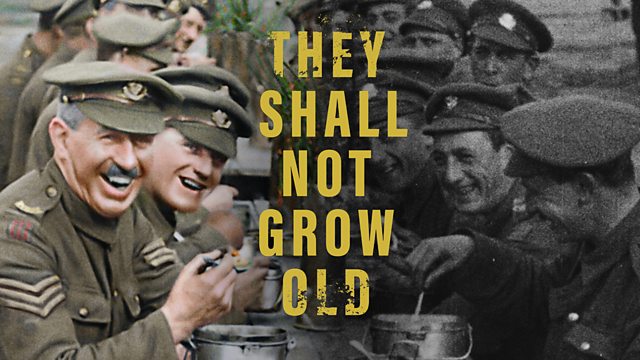
They Shall Not Grow Old: An Immersive Experience
Released in 2018, Peter Jackson’s World War One documentary They Shall Not Grow Old recalls the events of the war through soldiers’ personal accounts, humorous anecdotes, and firsthand battle descriptions, and in the process tells an exciting and entertaining story along the way.

Tiny Shoulders: Rethinking Barbie in the 21st Century
Diving into the story of the iconic doll, Tiny Shoulders: Rethinking Barbie captures a pivotal time in Barbie’s life: a time where more and more people respect and want to see greater diversity represented in culture and society, and expect child influences–like Barbie–to reflect that.
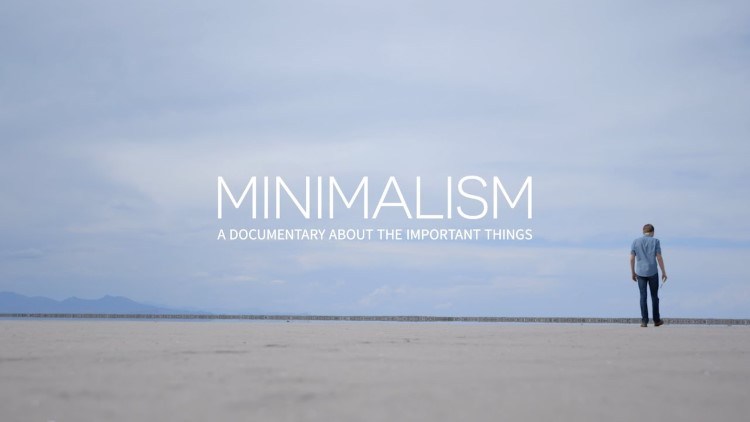
Minimalism: A Documentary About the Important Things- And What It Means To Be a Minimalist
Through the use of cinematic modes, beautiful imagery, compelling content, and a clear voice, Minimalism: A Documentary About the Important Things teaches us that what we need to be happy is to be surrounded not by objects we accumulate but by those we love.

Conversations with a Killer: The Ted Bundy Tapes
From 1974 to 1978, infamous serial killer Ted Bundy murdered more than 30 women in seven different states. Joe Berlinger’s Netflix docuseries Conversations with a Killer focuses on how the public and police did not suspect Bundy based on his apparently normal and attractive outward appearance, examining how easily investigators and victims could both be misled.

Shirkers: A Film 26 Years in the Making
Shirkers was to be a punk-art 1992 movie made by teenagers and their adult mentor, until he spontaneously kidnapped the footage and disappeared. In 2018, Sandi Tan’s film looking back at those events, also named Shirkers, is one of the most idiosyncratic documentaries the year.
